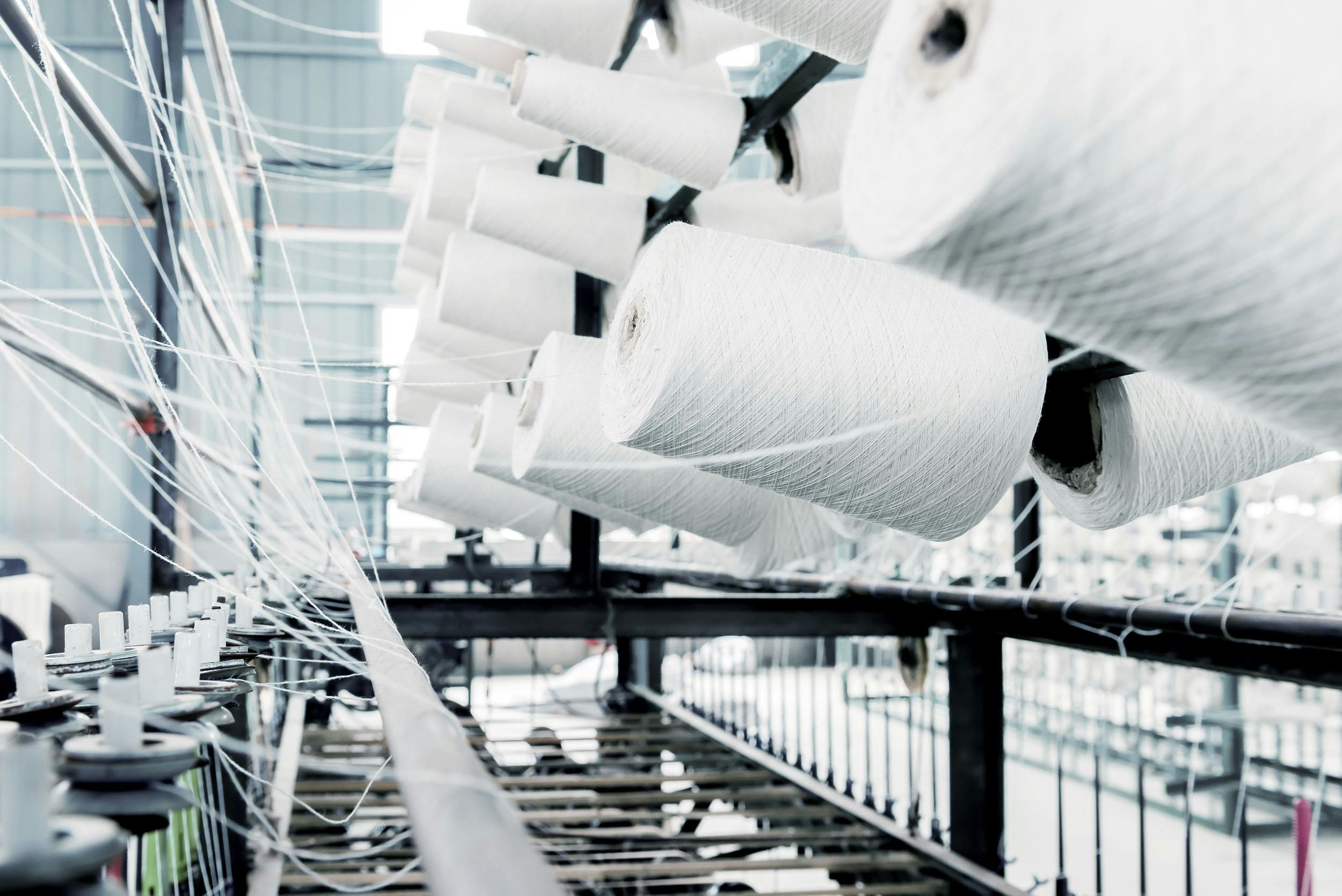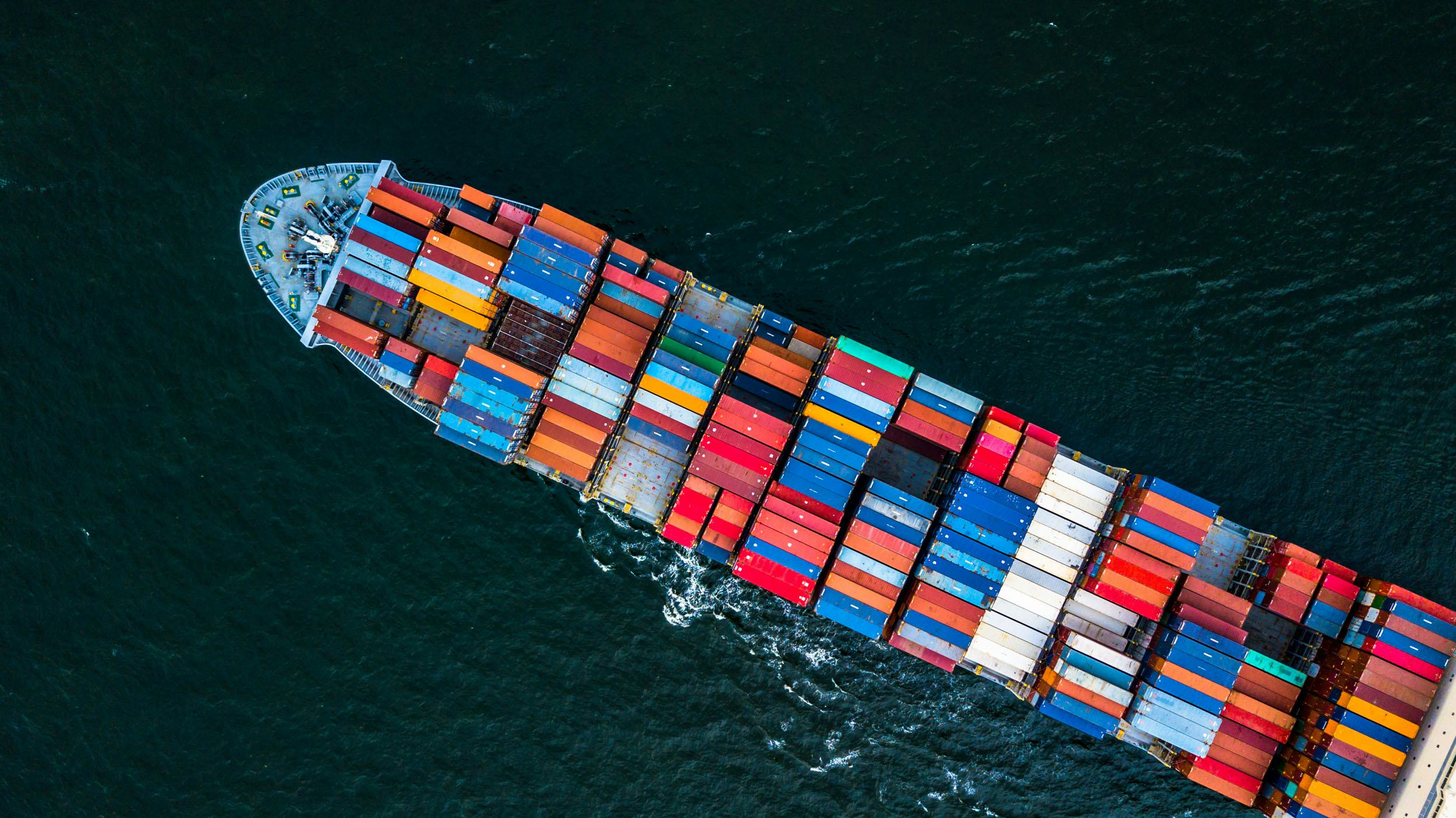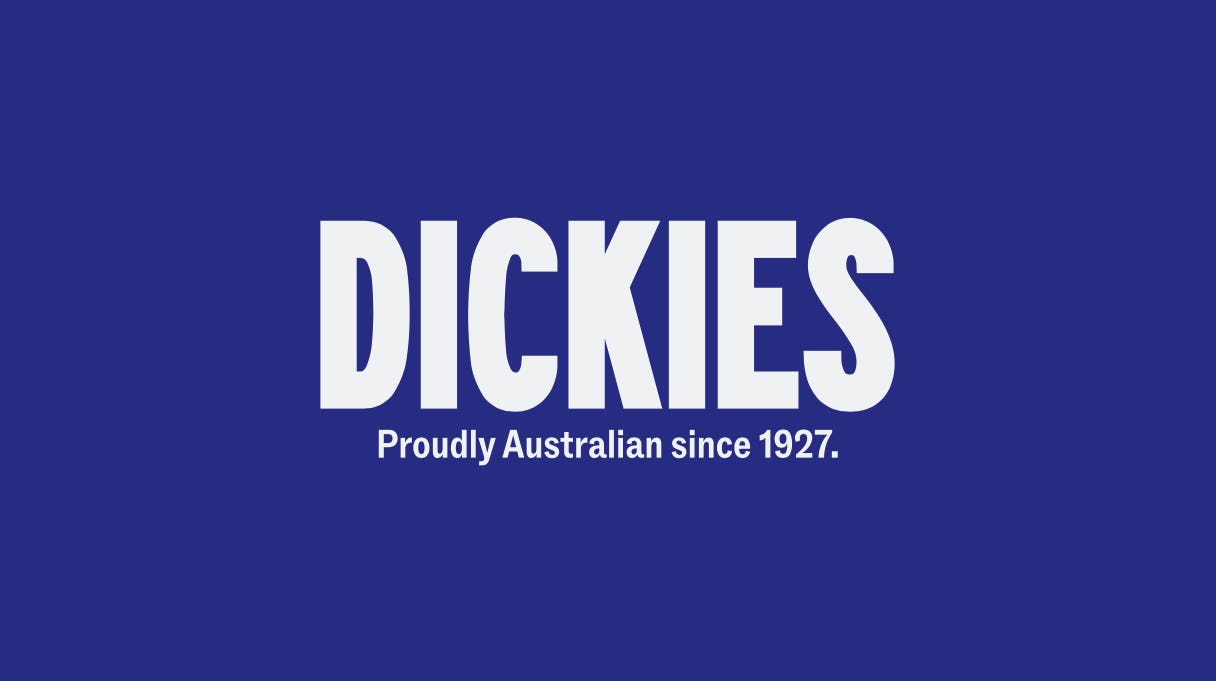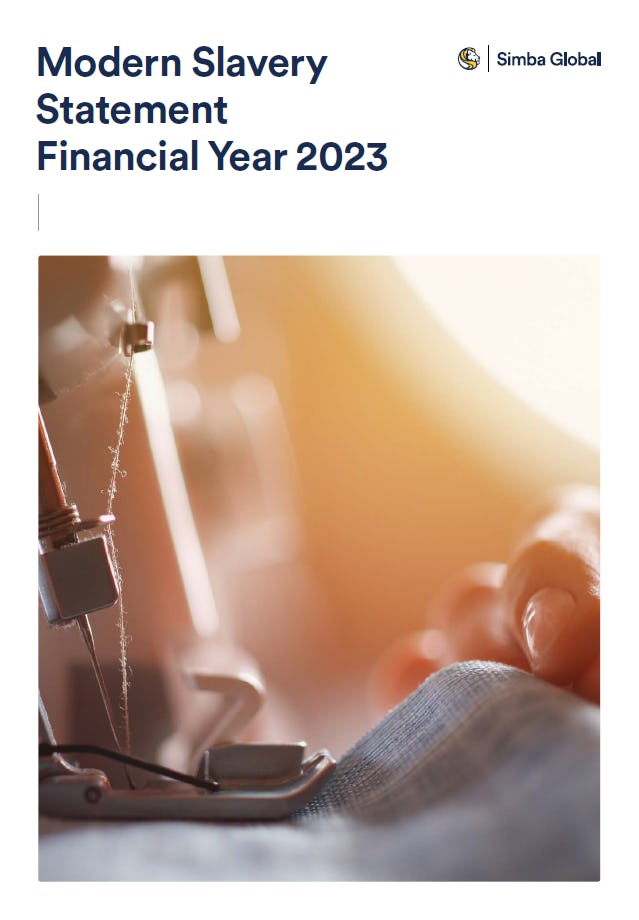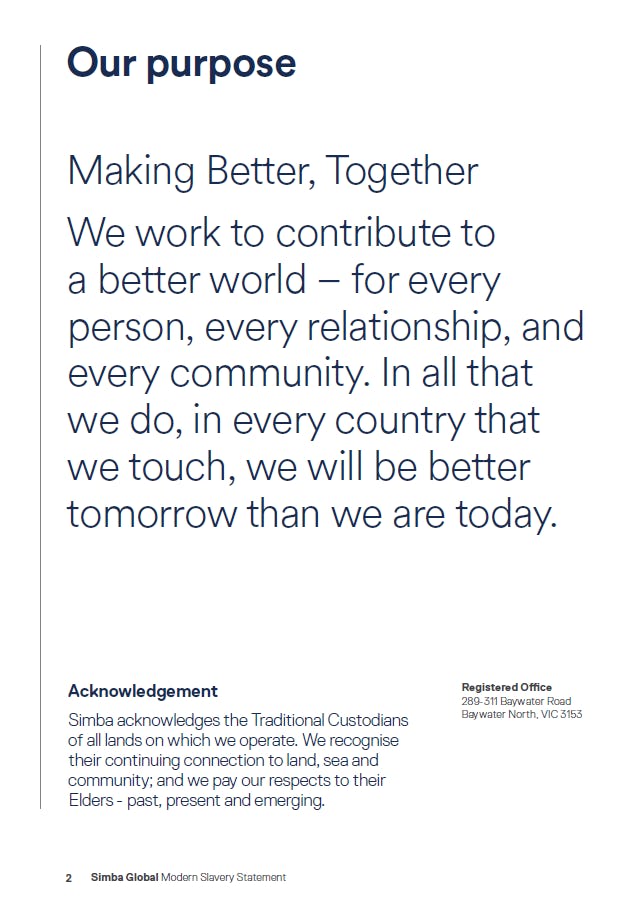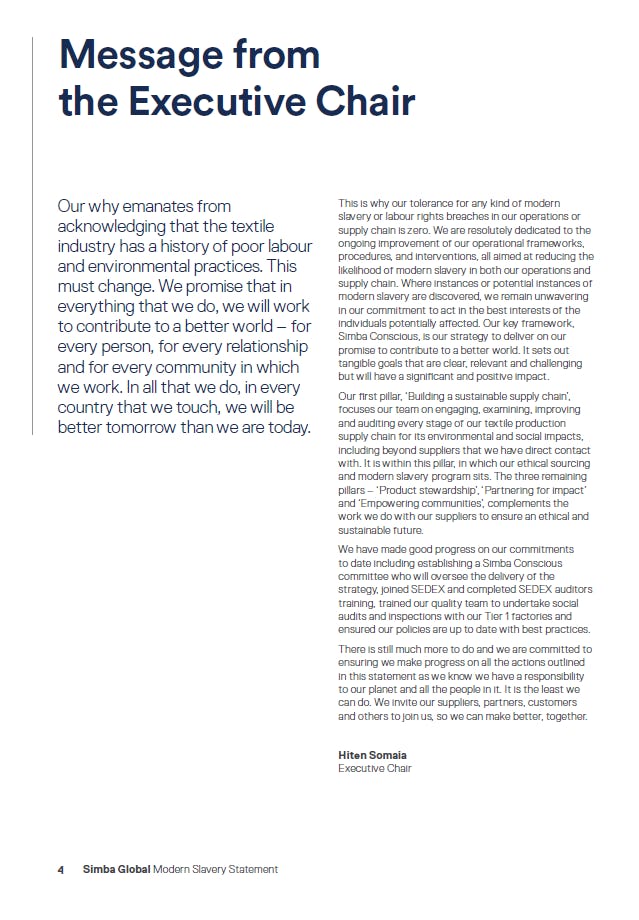We use cookies. We will not collect any personally identifiable information about site visitors in this process.
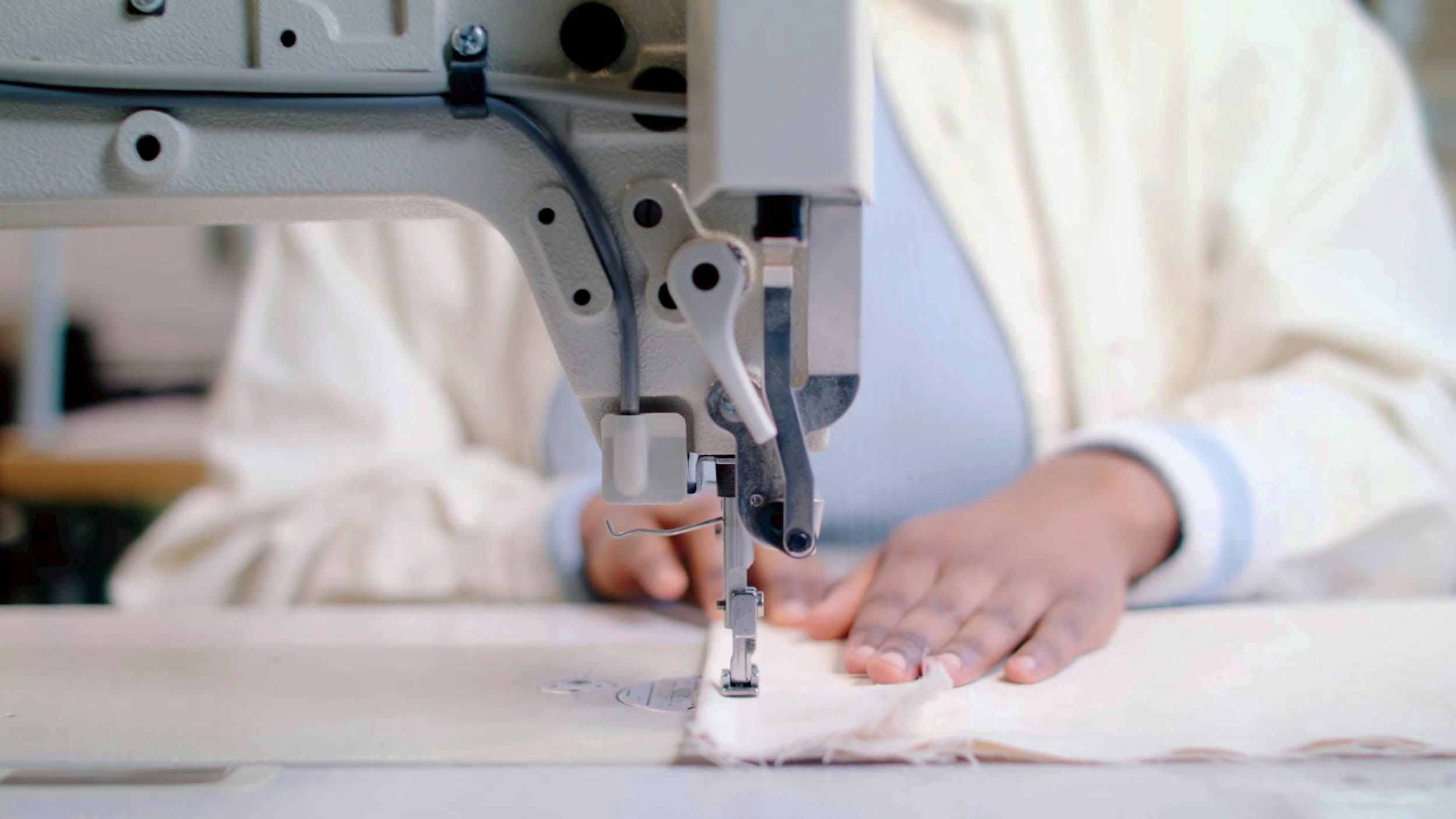
Ethical sourcing
Our ethical sourcing commitment
Ultimately, ethical sourcing requires a commitment to take action. Action for people, the environment, and social and economic impact.
Our Inherent Sourcing Risks* (Modern Slavery)
57-76%
Modern Slavery Risk (General aggregate)†
82-88%
Forced Labor Risk†
37-95%
Child Labor Risk†
44-68%
Debt Bondage Risk†
40-90%
Forced Marriage Risk†
80%
Human Trafficking Risk†
At a time when there is a renewed, collective commitment to standardise and monitor ethical sourcing efforts across the globe, our industry is well placed to see and make real change for good.
Ethical sourcing is the process of ensuring that products are made and obtained through responsible and sustainable methods. It focuses on human rights, environmental impact, and social impact.
It involves making sure that employees are paid a fair wage, their working conditions are safe and clean, and all social and environmental aspects of production and surrounding communities are considered.
This is a complex and ever-evolving issue. We believe it must be an essential factor in all modern business practices including those that occur at all levels across the textile industry — sourcing, manufacturing, supply, logistics, commercial, retail and ultimately consumers.
As the largest supplier of commercial textiles in Australia and New Zealand, we believe we are well placed to influence industry processes and behaviours. We do this by carefully choosing who becomes an approved Simba supplier, and working with our already approved suppliers to help them improve their ethical practices.
In 2019, we commissioned EY to identify the inherent environmental, social and governance (ESG) risks in each of the countries and suppliers that we source from. We used this data to create an ESG Heat Map to show where our highest ESG risks are located across our four primary supply countries (India, Pakistan, Bangladesh and China) to show the ranges of inherent risks in sourcing from those countries.
We are working closely with our suppliers to mitigate ethical sourcing risks. Our Ethical Sourcing Policy outlines the minimum acceptable ethical, labour and environmental standards that we will work to. We will benchmark our current position and document the work that needs to be done by us and our business partners to ensure a sustainable and ethical supply chain.
Goals for the immediate future
Supplier manual Update our supplier manual to ensure an increased focus on and assessment of environ-mental, social and ethical sourcing.
Identifying risk
Identify and publish all products supplied by Simba that are high risk of human rights abuses.
Mapping suppliers
Start mapping our highest priority tier 2 suppliers.
Publishing
Publish our Modern Slavery Policy and Statement.
Third party auditors
Appoint a third party auditor to conduct ESG audits on our behalf, ensuring these audits reflect our policies and procedures.
Goals for three years
Internal training
Provide training for our internal quality team to enable us to undertake regular ESG audits of our operations and supply chain. This will ensure we can work directly with our highest risk suppliers to better understand their practices and ethical sourcing commitments and develop practical and timely corrective action plans in consultation with them.
Fairtrade products
Where possible replace all products identified as high risk with Fairtrade (or equivalent) alternatives.
Goals for ten years
Supply chain audit
Provide training for our internal Quality Team to enable us to undertake regular ESG audits of our operations and supply chain. This will ensure we can work directly with our highest risk suppliers to better understand their practices and ethical sourcing commitments and develop practical and timely corrective action plans in consultation with them.



